Description
Headaches & Migraines
A migraine is usually a moderate or severe headache felt as a throbbing pain on 1 side of the head. Many people also have symptoms such as feeling sick, being sick and increased sensitivity to light or sound.
Migraine is a common health condition, affecting around 1 in every 5 women and around 1 in every 15 men. They usually begin in early adulthood.
It’s not clear what causes this change in brain activity, but it’s possible that your genes make you more likely to experience migraines as a result of a specific trigger.
Causes Headaches & Migraines
The primary symptom of a migraine is a headache. Pain is sometimes described as pounding or throbbing. It can begin as a dull ache that develops into pulsing pain that is mild, moderate or severe. If left untreated, your headache pain will become moderate to severe.
Pain can shift from one side of your head to the other, or it can affect the front of your head, the back of your head or feel like it’s affecting your whole head. Some people feel pain around their eyes or temple, and sometimes in their face, sinuses, jaw or neck.
Other symptoms of migraine and headaches include:
- Sensitivity to light, noise and odours.
- Nausea and vomiting, upset stomach and abdominal pain.
- Loss of appetite.
- Sweating or getting chills.
- Pale skin colour (pallor).
- Feeling tired.
- Dizziness and blurred vision.
- Tender scalp.
- Diarrhoea.
- Fever.
Typical solutions to help
- Turn off the lights. Migraines often increase sensitivity to light and sound. Relax in a dark, quiet room. Sleep if you can.
- Try temperature therapy. Apply hot or cold compresses to your head or neck. Ice packs have a numbing effect, which may dull the sensation of pain. Hot packs and heating pads can relax tense muscles. Warm showers or baths may have a similar effect.
- Drink a caffeinated beverage. In small amounts, caffeine alone can relieve migraines in the early stages or enhance the pain-reducing effects of pain killers. Be careful, however. Drinking too much caffeine too often can lead to withdrawal headaches later on. And having caffeine too late in the day may interfere with your sleep, which can also affect migraines.
- Try a de-caffeinated beverage. In small amounts to help your symptoms instead of caffeinated beverages.
Routine Magnesium Capsules
The core ingredient of magnesium in VitaProHealth’s Routine Magnesium Capsules can block signals to the brain that lead to migraines. It can also stop certain chemicals in the brain which causes pain, as well as help blood vessels in the brain to narrow, which may play a part in reducing migraines.

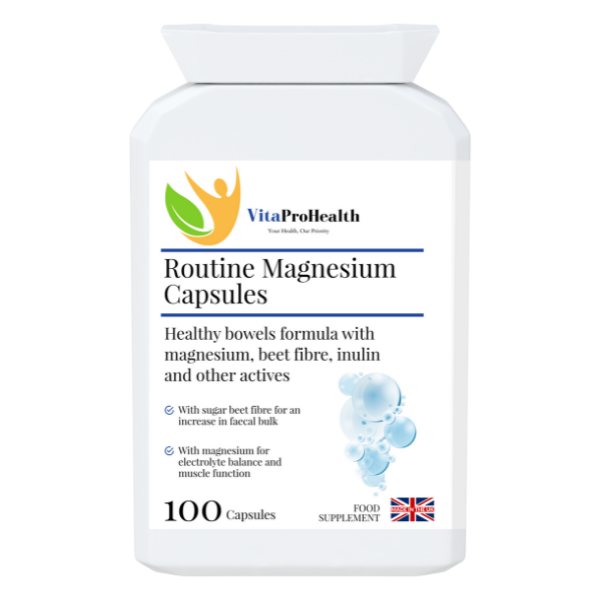
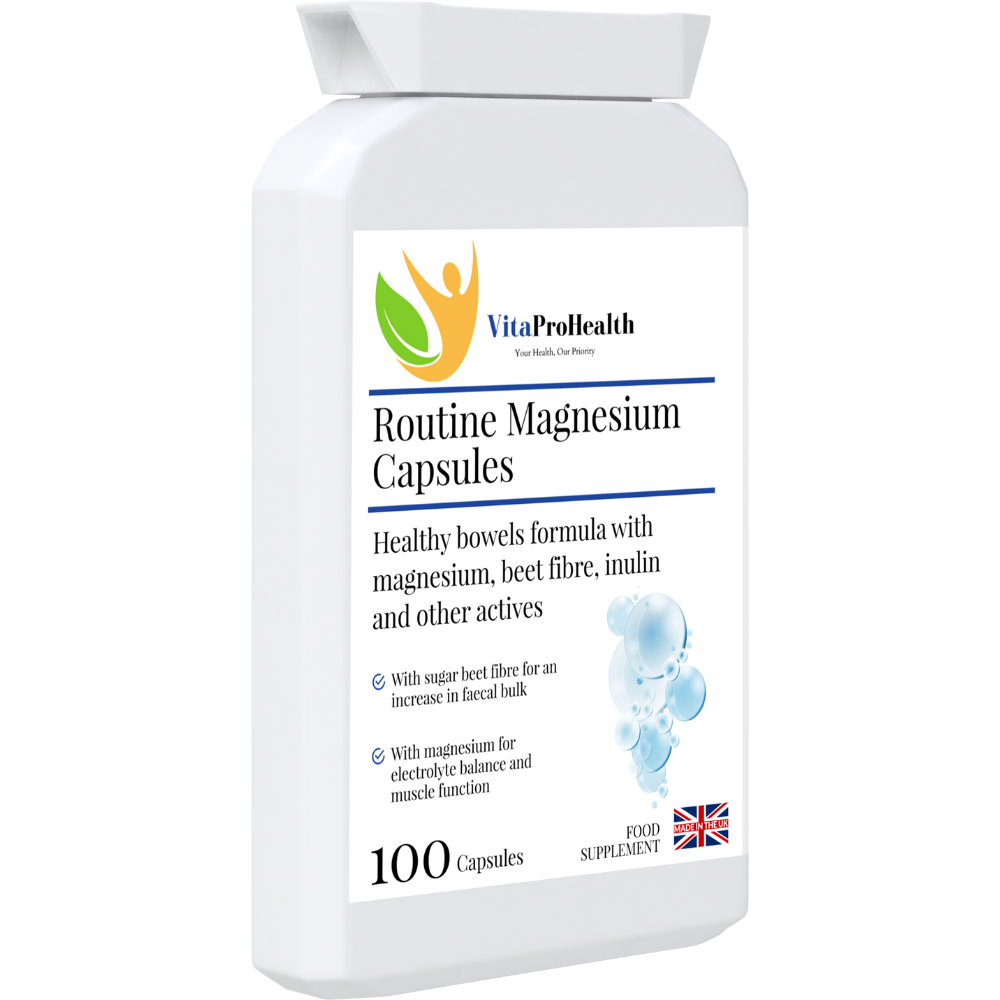
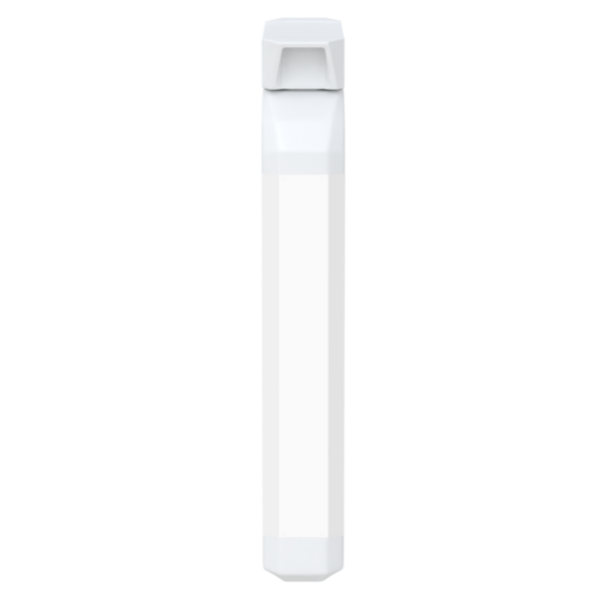
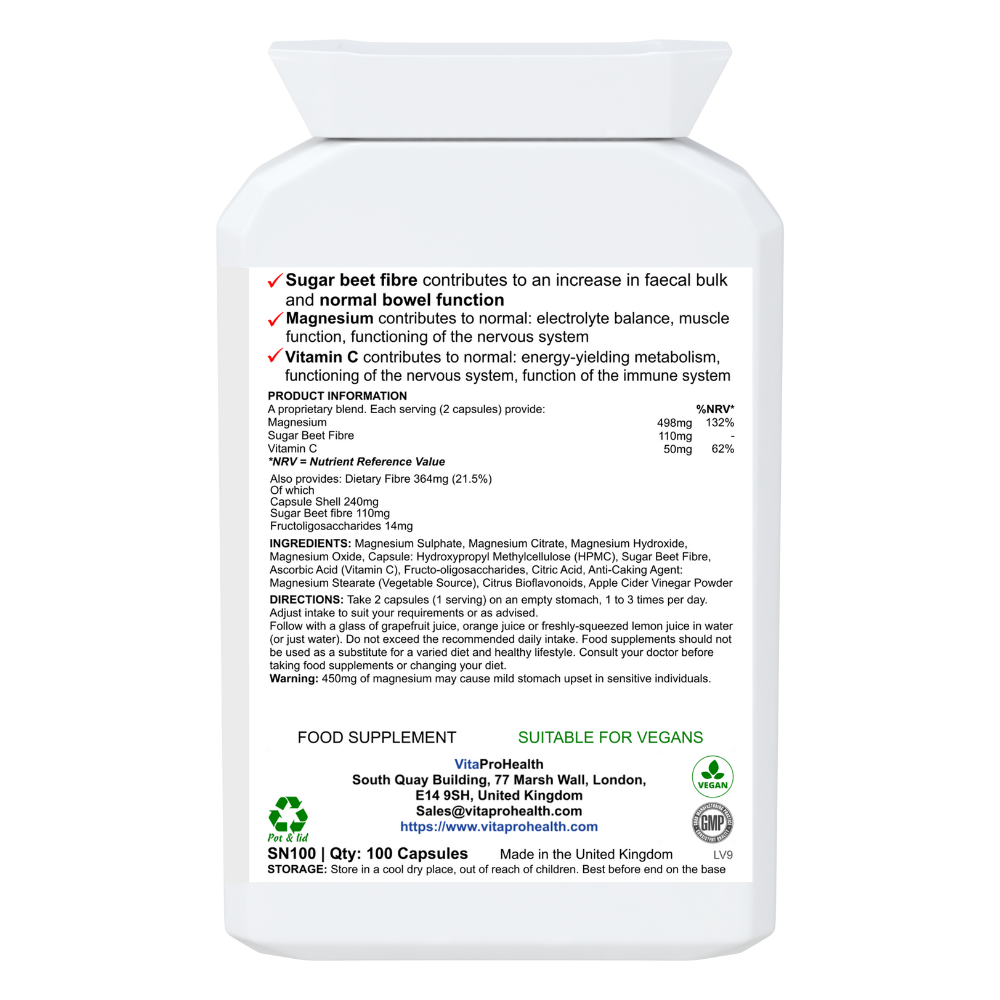
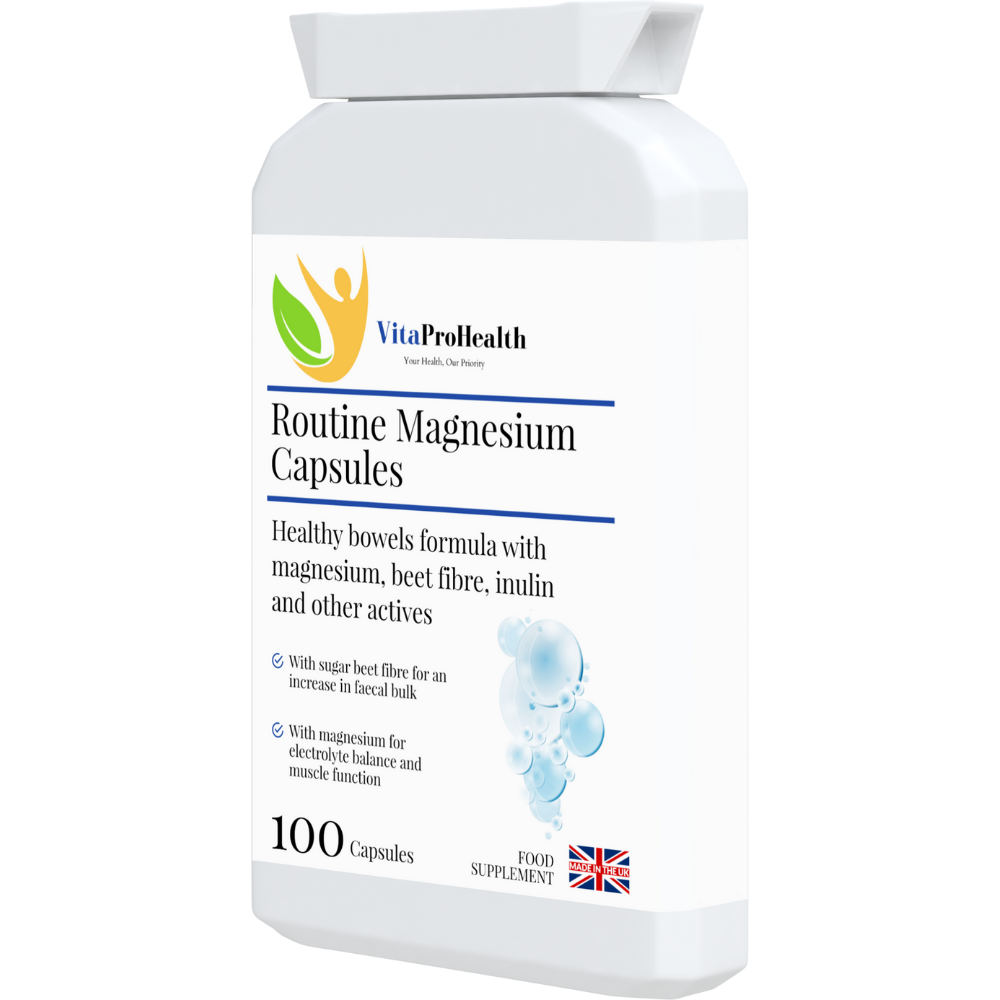
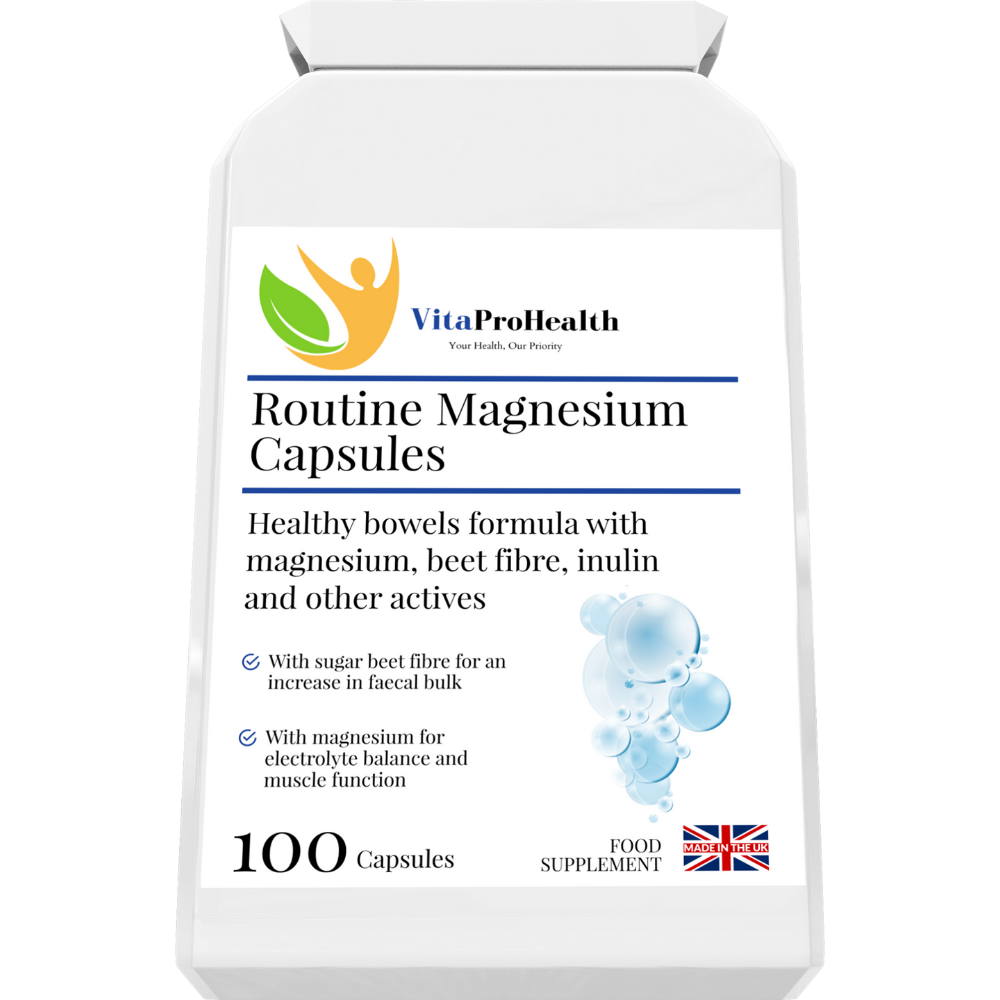







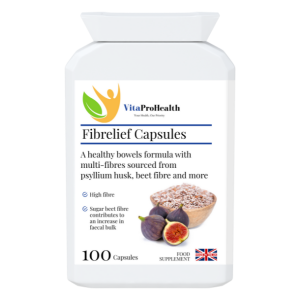

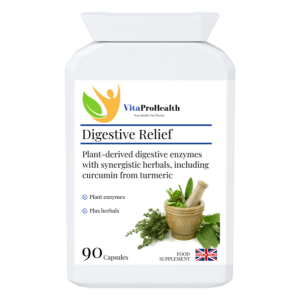
Reviews
There are no reviews yet.